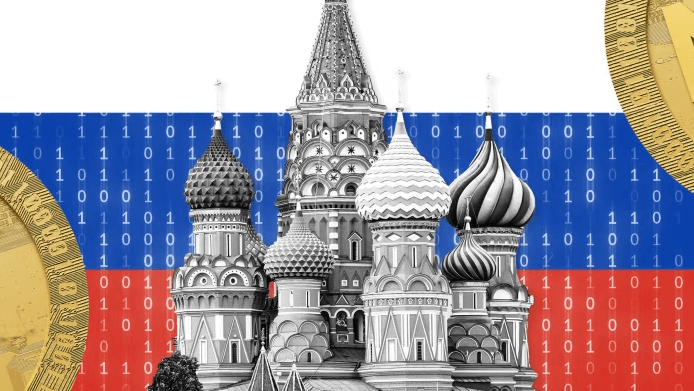The United States is on the brink of witnessing an unprecedented wave of cryptocurrency exchange-traded funds (ETFs), following significant changes in the regulatory approval process. The Securities and Exchange Commission (SEC) has simplified its rules for crypto-related ETFs, dramatically shortening review timelines and creating a more predictable pathway for issuers.

Under the new framework, the average approval time for ETF applications has been cut from nearly nine months to just over two months. This shift is expected to unlock a surge of new crypto investment products entering the U.S. market, broadening investor access to digital assets beyond the well-established Bitcoin and Ethereum funds.
Asset managers have moved quickly to take advantage of the new environment. Several large firms, including both traditional financial institutions and crypto-native companies, have already filed for ETFs that track a wide range of digital assets. Analysts suggest that products linked to Solana, Polygon, and tokenized real-world assets could be among the first to follow Bitcoin and Ethereum into the ETF space.
The streamlined approval process not only benefits issuers but also signals a new era of regulatory openness toward the digital asset industry. Market observers note that the SEC’s move comes amid growing political and economic interest in integrating cryptocurrencies into mainstream financial products. With retirement accounts, hedge funds, and retail investors all seeking exposure, demand for efficient, regulated investment vehicles has never been higher.
Supporters of the policy change argue that crypto ETFs will provide safer access to digital assets, reducing the need for direct custody of volatile tokens while maintaining liquidity and transparency. Critics, however, warn that the rapid expansion of ETF offerings could increase systemic risks, particularly if exotic or thinly traded assets are packaged into regulated products without sufficient oversight.
Despite these concerns, the arrival of multiple new ETFs is widely viewed as a transformative moment for the crypto sector. The U.S. financial market, long considered the global benchmark for capital markets, is now positioning itself as a central hub for regulated digital asset investment. Many see this as a turning point where crypto moves further from the fringes of speculation and closer to full integration with traditional finance.
As the first wave of applications makes its way through the new system, both Wall Street and the crypto industry will be watching closely. Whether this flood of ETFs leads to sustainable growth or amplifies volatility, one thing is clear: the U.S. market for crypto-based financial products is about to enter a period of rapid expansion and experimentation.
Disclaimer: This article is for informational purposes only and is not investment advice. Investors should research carefully before making any decisions. We are not responsible for your investment decisions.
















